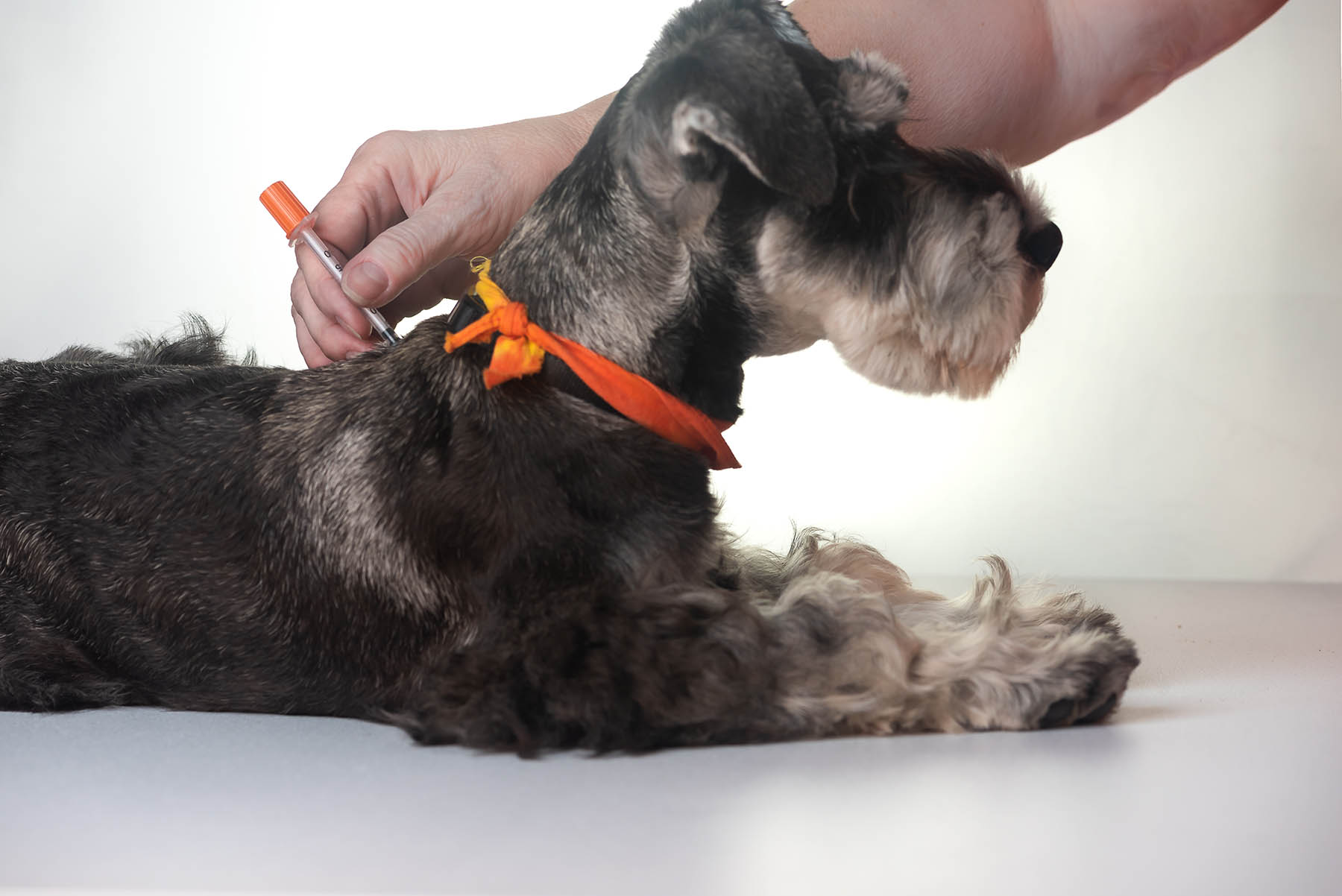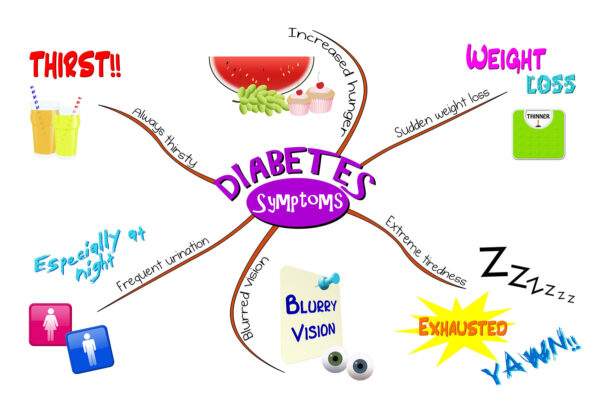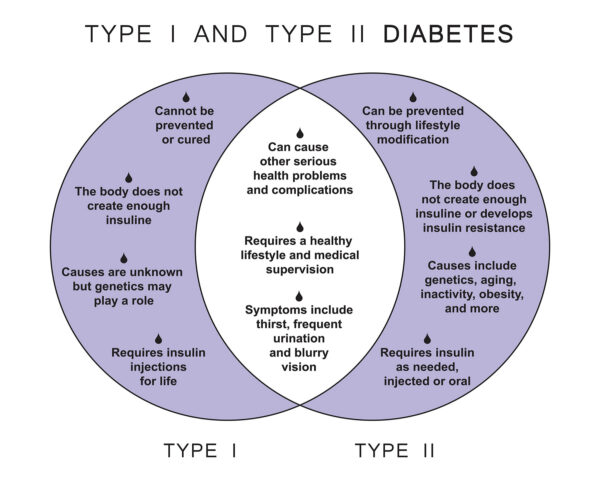Understanding Diabetes in Dogs
Diabetes in dogs is a condition that requires careful management, much like in humans. Understanding how certain foods can impact your diabetic dog’s blood sugar levels is crucial for their overall health and wellbeing.
Nutritional Needs of Diabetic Dogs
Diabetic dogs need a balanced diet that helps regulate their blood sugar levels. High-fiber, low-fat, and complex carbohydrate diets are generally recommended. It’s important to maintain consistency in feeding routines and portions.
Safe Treat Options for Diabetic Dogs
When it comes to treating diabetic dogs, choose snacks that are low in sugar and high in fiber. Options like fresh green beans, carrots, or apple slices (in moderation) can be good choices. Avoid treats high in glucose, fructose, or corn syrup.
Homemade Dog Treats for Diabetics
Homemade dog treats can be a healthy alternative to store-bought ones, as you have control over the ingredients used. Recipes using diabetic-friendly ingredients like whole wheat flour, oats, and certain vegetables can be both nutritious and enjoyable for your dog.
Commercial Treats for Diabetic Dogs
If opting for commercial treats, look for products specifically formulated for diabetic dogs. These treats usually have lower sugar content and minimal artificial additives. Always read the labels to ensure they’re suitable for a diabetic diet.
Portion Control and Frequency
Portion control is key in managing diabetes in dogs. Treats should only be a small part of the dog’s overall diet. Monitor your pet’s response to different treats, and adjust portions and frequency accordingly.
The Importance of Regular Exercise
Regular exercise is important for diabetic dogs. It helps in maintaining a healthy weight and regulating blood sugar levels. Combine a healthy diet with consistent exercise for optimal health.
Regular Monitoring and Vet Visits
Regular monitoring of your diabetic dog’s health is vital. Pay attention to their eating habits, weight, and energy levels. Regular vet visits are crucial for monitoring their diabetes and making any necessary adjustments to their diet or medication.
Avoiding Foods Harmful to Diabetic Dogs
Be aware of foods that are harmful to diabetic dogs. Avoid anything with high sugar content or artificial sweeteners like xylitol, which can be toxic to dogs. Stick to vet-recommended diets and treats.
Managing Diabetes with a Balanced Approach
Managing diabetes in dogs requires a balanced approach, combining a proper diet with regular exercise and veterinary care. By choosing safe and tasty treats, you can ensure your diabetic dog stays happy and healthy while keeping their diabetes under control.






